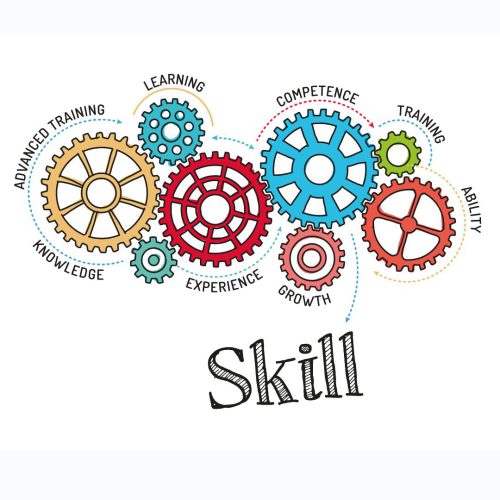How to Stay Ahead in a World of Automation and AI
As automation rapidly reshapes industries, many professionals wonder how secure their roles are. For remote staff, the key to thriving in this evolving landscape lies in developing essential skills that complement automation and enhance productivity. This article explores the top skills needed to stay competitive in a workplace increasingly driven by AI and automation tools.
Understanding Workplace Automation
Automation is more than just a buzzword; it’s transforming how businesses operate. It allows technology to handle repetitive tasks such as scheduling meetings, sorting emails, or managing data, freeing up human workers to focus on more complex, strategic responsibilities. In the context of remote staff, automation doesn’t replace their roles; instead, it shifts their focus to higher-value tasks like client communication, project management, and creative problem-solving.
By embracing automation, remote staff can maximize these tools to enhance their productivity while dedicating their efforts to areas where human skills—such as emotional intelligence and adaptability—remain irreplaceable.
Can AI Replace Remote Staff?
The rise of AI has sparked concern that machines might eventually replace remote staff. While AI excels at automating routine tasks like data entry and customer service, it lacks the human touch necessary for relationship-building, problem-solving, and creativity.
Remote staff brings essential skills that AI cannot replicate, such as the ability to offer personalized service, manage complex projects, and build strong client relationships.
For Remote Dealer Staffing, the future lies in specializing in areas where AI falls short and collaborating with automation tools to maximize efficiency.
Key Skills for Remote Staff in an Automated Workplace
To succeed in an AI-driven world, remote staff must continue to develop both hard and soft skills. Here are the most crucial skills to thrive in an automated environment:
- Adaptability and Continuous Learning
In the fast-paced world of automation, continuous learning is crucial. Remote staff must stay up-to-date on the latest tools and technologies to remain competitive. Platforms like Coursera, and LinkedIn Learning offer courses that can help staff develop new skills in automation and AI.
As automation evolves, nearly 50% of work activities could be automated, according to McKinsey. However, jobs requiring creativity, flexibility, and human interaction remain difficult to automate. Remote staff who invest in learning and adapting will continue to provide value to their clients.
- Critical Thinking and Problem-Solving
Even with automation handling repetitive tasks, remote staff play a vital role in optimizing processes and identifying issues that require human insight. Whether it’s troubleshooting automation tools or suggesting better solutions to clients, critical thinking is an invaluable skill.
A Deloitte study revealed that companies utilizing AI for problem-solving saw a 20% boost in workflow efficiency, highlighting the importance of problem-solving skills for remote staff working alongside automation.
- Effective Communication and Collaboration
Automation may streamline processes, but human communication remains irreplaceable. Remote staff must communicate clearly with clients about how automation tools work and collaborate with teams to ensure smooth implementation. Mastering tools like Cliq, integrated with automation platforms, can help staff enhance communication and collaboration in the workplace.
Best AI Tools for Remote Staff
To stay competitive, remote staff should become proficient in AI-powered tools that can improve efficiency. Here are some of the most valuable tools:
- Grammarly: An AI-driven writing assistant that ensures clear, professional communication.
- OpenAI: Remote staff can leverage this tool for content creation, customer service, or market research.
- Monday: Automates project management tasks, such as assigning due dates and sending reminders.
Mastering these tools not only improves daily workflows but also positions remote staff as indispensable tech-savvy professionals.
Benefits of Automation for Remote Staff
Rather than fearing automation, remote staff should embrace it as a tool for enhancing productivity. Here’s how automation benefits them in the workplace:
- Increased Efficiency: Automation handles routine tasks like scheduling and data entry, freeing up time for more strategic responsibilities.
- Improved Accuracy: AI reduces human error, especially in data management and financial reporting.
- Focus on High-Value Tasks: With automation managing repetitive work, remote staff can concentrate on more complex, high-impact tasks like client relationship building and project management.
Accept the Future with Automation
Automation and AI are here to stay, and the future of remote staff depends on their ability to adapt and thrive in this evolving landscape. By improving skills that complement automation and employing AI tools, remote staff can enhance their productivity, focus on high-value tasks, and build stronger client relationships.
In an ever-changing world, continuous learning and embracing technology will ensure that remote staff remain relevant, valuable, and in high demand for years to come.

